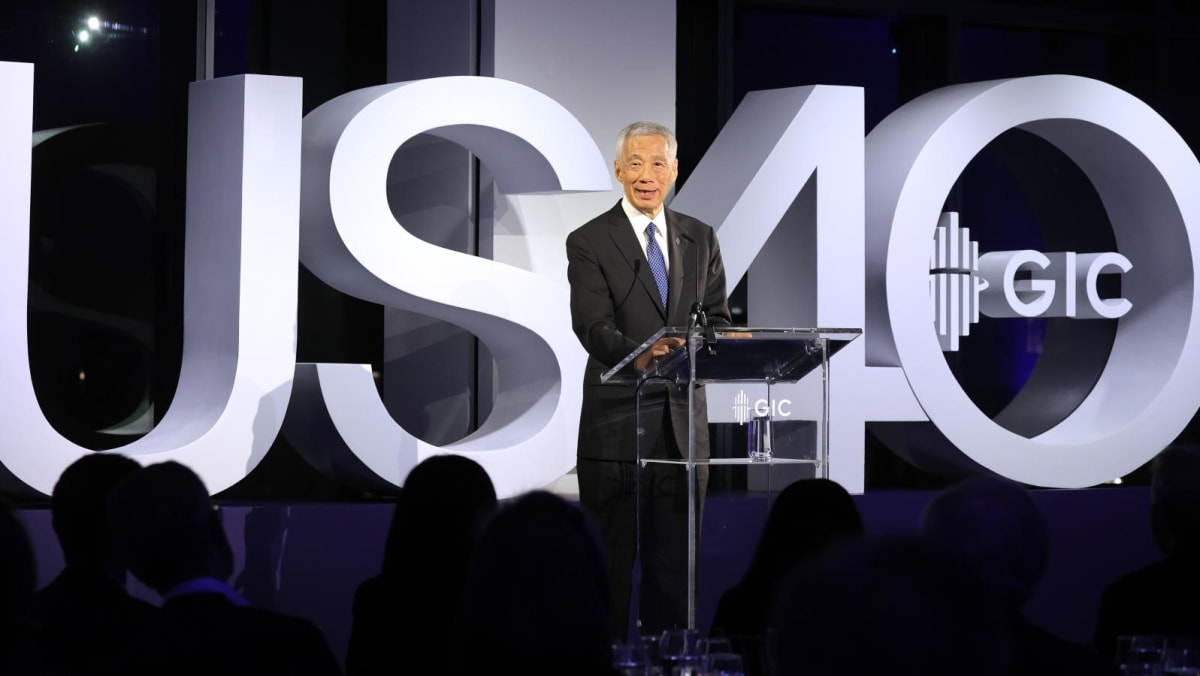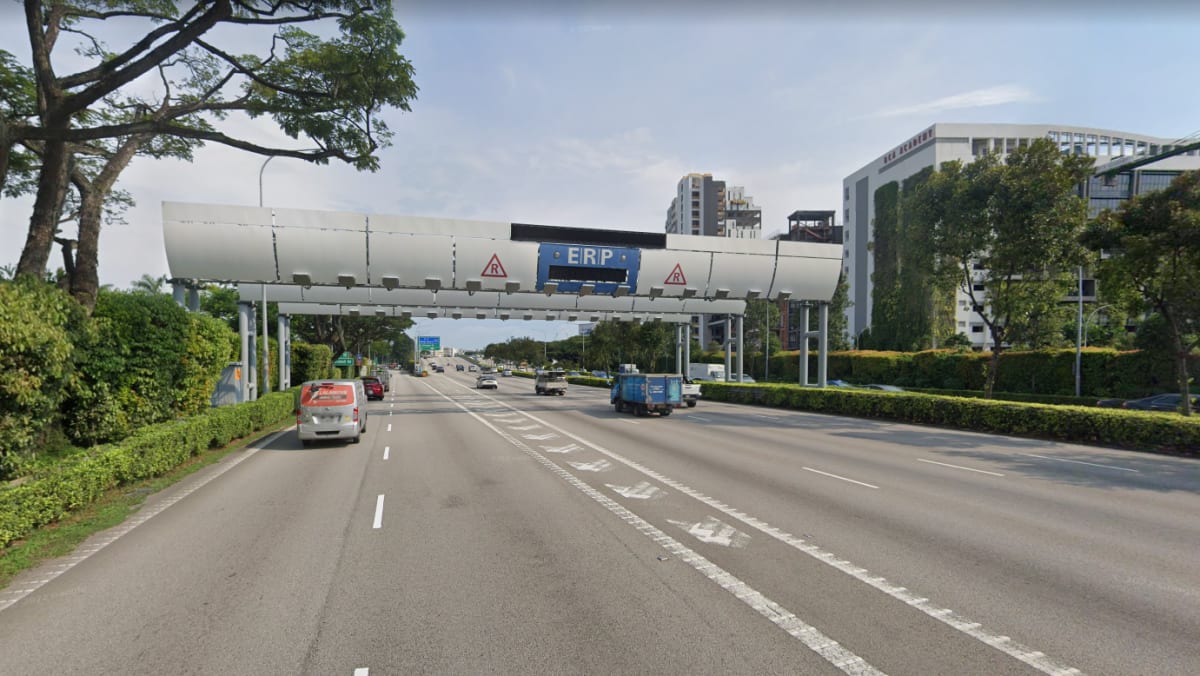Mr Tong said earlier that an MTO was intended to address the root cause of an act. An MTO will be issued as a last resort, and the priority would still be to persuade residents to attend treatment voluntarily.
NMP Syed Harun Alhabsyi pointed out that this was the first time an MTO was being introduced as part of resolving community disputes. He noted how MTOs were used in court during sentencing, where an offender is mandated to seek psychiatric treatment.
He asked if the minister could share why it opted to include an MTO in community disputes, and how its application will differ from the courts.
“If it is the case that the Community Relations Officer is already authorised, with or without consent, to remove items of public risk and concern … is this not sufficient to address and then resolve the community dispute, rather than adding on a (further order) for the person to be sentenced to mandatory treatment?” he asked.
He suggested that an MTO may encroach into a person’s autonomy to decide on treatment, as there are individuals who choose not to be treated for a variety of reasons.
Where an interference has been mitigated sufficiently, an individual should be given the right to decide whether he or she wants treatment, said Dr Syed Harun.
“We can encourage, we can help the person see reason for treatment and we can facilitate such a possibility, but to make it legally mandatory and enforceable is something rather different in my view.”
Likewise, Assoc Prof Razwana concurred that ordering an individual to undergo MTO was “a significant step” which required sensitive handling.
She asked how the need for such treatment would be determined, and by whom.
“It is crucial that any approach to mandatory treatment is balanced with the rights and wellbeing of the individual involved. We must ensure that the focus remains on resolution and rehabilitation, rather than stigmatisation,” said Assoc Prof Razwana.
In reply, Mr Tong said that the authorities would facilitate assessment and treatment of an individual with psychiatric conditions in a consensual environment as far as possible.
He said: “Empowering the Community Disputes Resolution Tribunals to make an MTO in civil proceedings with the constraints I had set out earlier allows the root cause of the issue to be tackled early on and upstream.”
“So we believe that if we can treat the root cause early on, upfront, without bringing the person through the criminal process and in the process, possibly stigmatising him and the family even more, then as far as we can, we should,” Mr Tong added.
He also said that the enactment of an MTO framework outside of the criminal framework is not new, with similar frameworks existing under the Protection from Harassment Act and the Women’s Charter.
In response to MP Patrick Tay’s (PAP-Pioneer) question on the duration of treatment under an MTO, Mr Tong said this would depend on the context and circumstances of each case, but it will not exceed 36 months. An appointed psychiatrist will recommend the duration based on his professional judgment as part of the report to the CDRT.
QUALIFICATIONS NEEDED, EXPANSION REQUESTS
MPs also raised questions over what kind of qualifications Community Relations Officers (CROs) will be required to have.
MP Dennis Tan (WP-Hougang) asked what is the training that is required to qualify as one.
He noted that the proposed section 13C allows the director-general to appoint three types of personnel to be CROs – police officers, public officers and an officer or statutory board employees.
“I find it odd that the criteria to be a CRO as listed in this Bill, is not by way of specified training or qualification but as long as a person (who) holds one of the appointments specified,” said Mr Tan.













